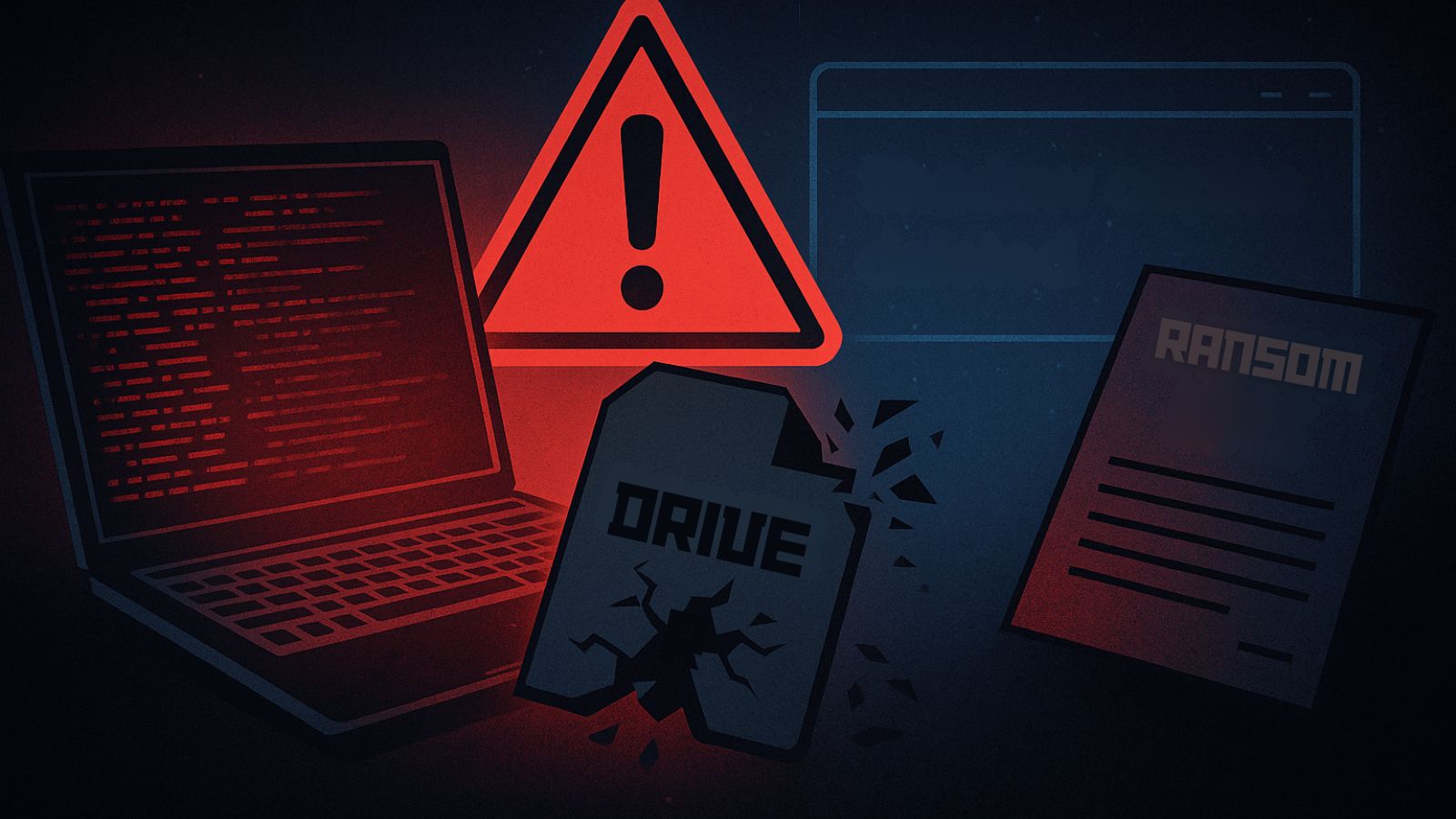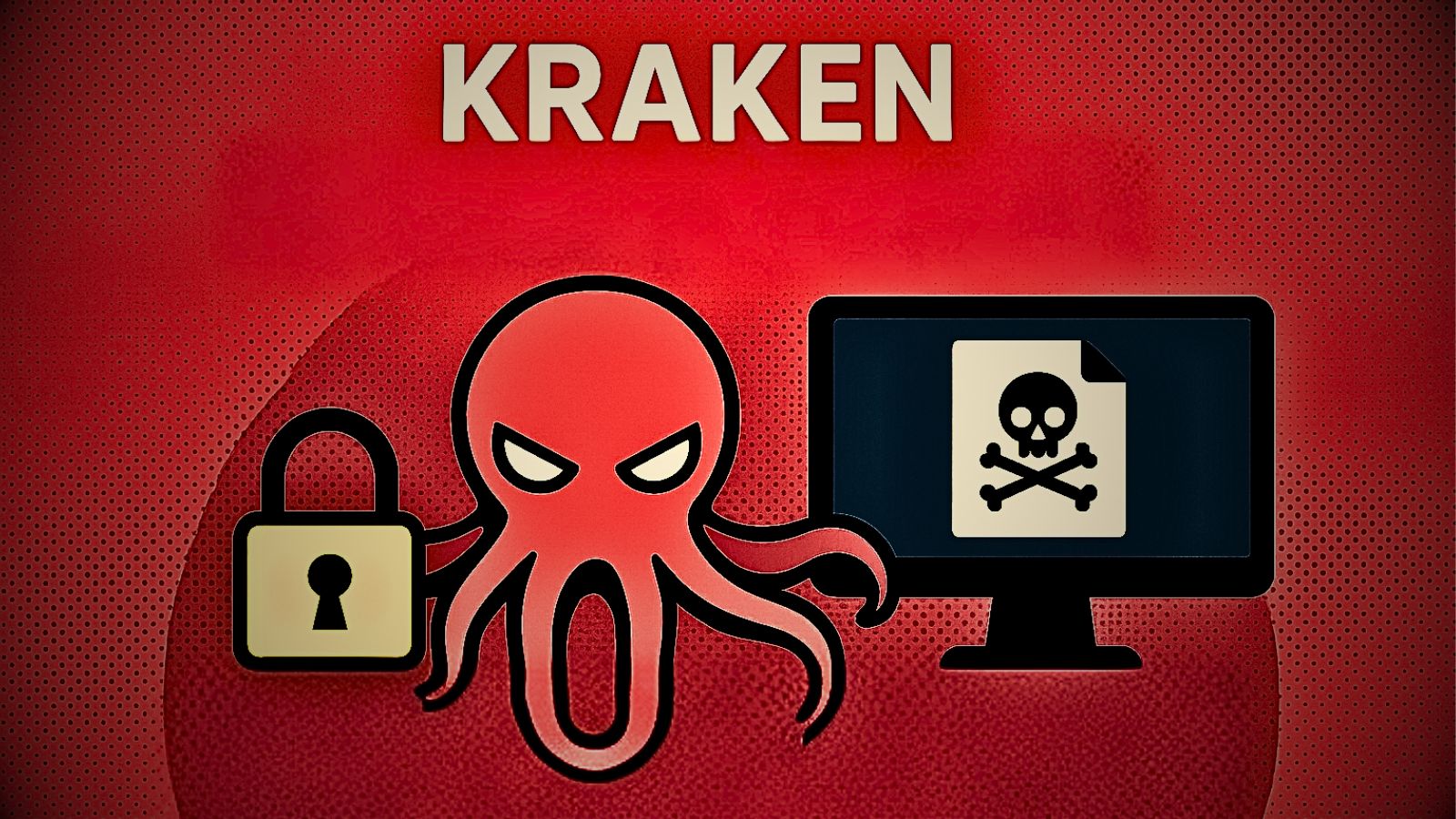
RSA 2020 Speakers Call for Neurodiversity and Post-Quantum Mindset
- RSA Conference 2020 has already had some very interesting keynotes that point to ignored problems.
- Experts believe that we’re not focusing on what’s really here, and we’re not prepared for what’s coming.
- Companies are employing “scripting ninjas”, while the implications of the quantum computing arrival are entirely ignored.
With the RSA Conference 2020 in San Francisco underway, speakers have already called for a change in the world of infosec and cybersecurity, and that change focuses more on our mentality rather than what tools and protection measures we deploy against threats. As the activities of malicious actors and hackers continue to get more sophisticated, well-curated, highly-targeted, and stealthier, firms and organizations need to revise their stance and treat cybersecurity as a holistic system that spreads over and across the full range of their operational structure.
RSA president Rohit Ghai said that companies need to stop being snobs, and trade exclusivity for inclusion. He mentioned neurodiversity and why HR departments should start looking at other things in IT candidates beyond just their obvious expertise. Neurodiversity refers to leaning ability, mood stability, social interactions, and other mental functions. If you employ a team that focuses only on finding and fixing zero-days, you are allowing hackers much room on other areas, and they are masters at exploiting whatever space is left unguarded. Ghai believes that the industry is currently focusing on the most sophisticated threat vectors, leaving the most likely to hit aside. “The story we want is a business story of cyber resilience, not a tech story of cyber ping-pong”, he characteristically said.
Another interesting keynote was that of McAfee’s CTO, Steve Grobman. The expert in security noted that the arrival of quantum computing may not be at our doorstep yet, but it’s never too early to start preparing. As he said, when quantum computing becomes a reality, everything we have in relation to strong encryption algorithms will be thrown out of the window. From classified military secrets to people’s social security numbers, quantum computing will enable the decryption of everything in short times, so nothing will be safe anymore if we keep using the same technology.
Grobman said, the mindset of security professionals needs to change, and we need quantum-resistant algorithms now. NIST is already working on it, but their budget for quantum computing research is a mere $30 million, which McAfee’s senior vice president thinks is way too small. Obviously, this budget reflects the current approach that doesn’t see quantum computing as an emerging threat which will bring sudden and wholly reshaping changes in our world, and Grobman insists that this is exactly where we’re wrong in our mindset.










